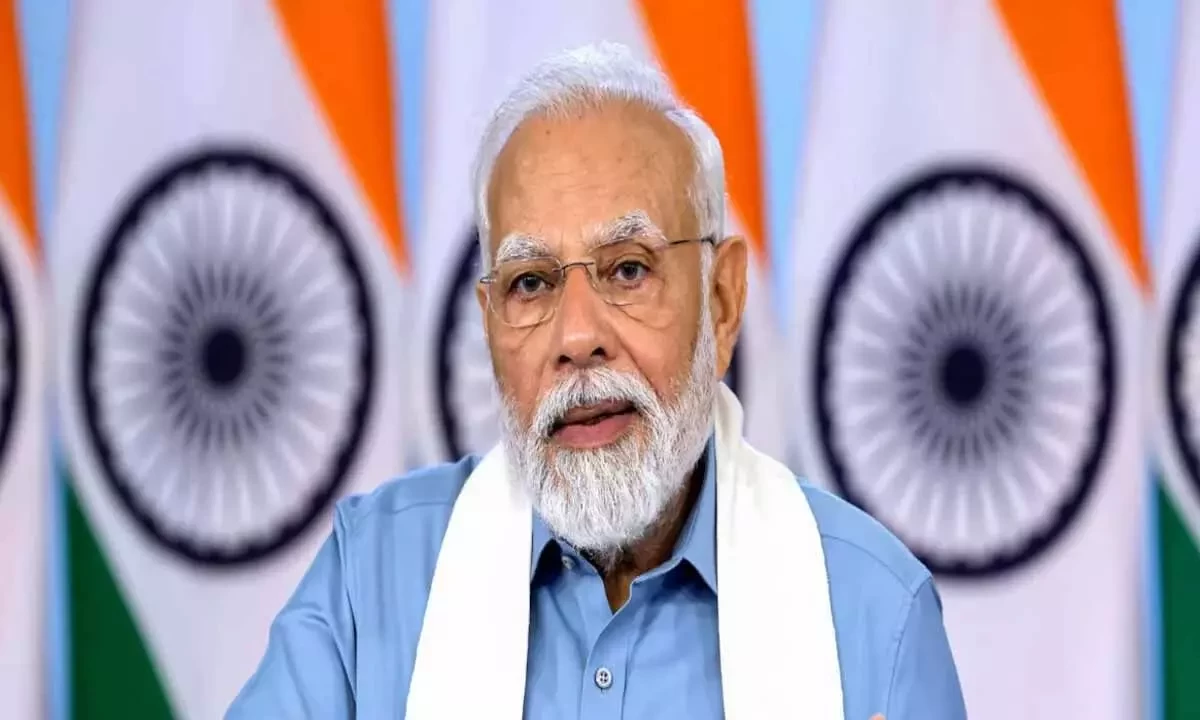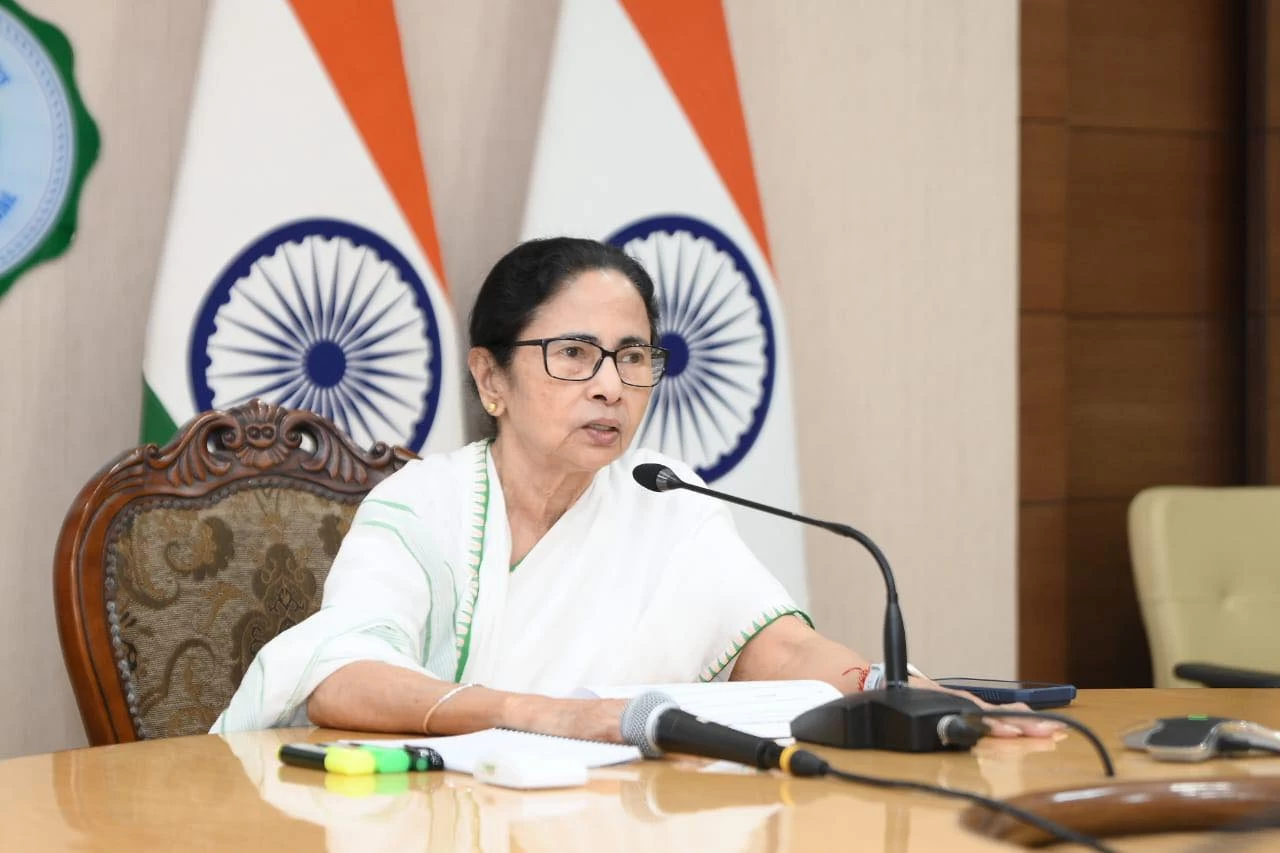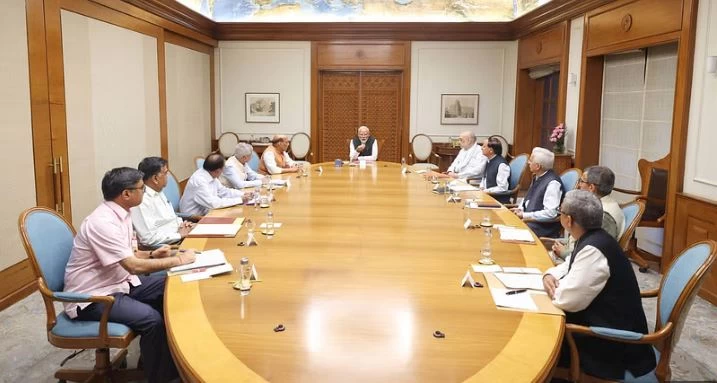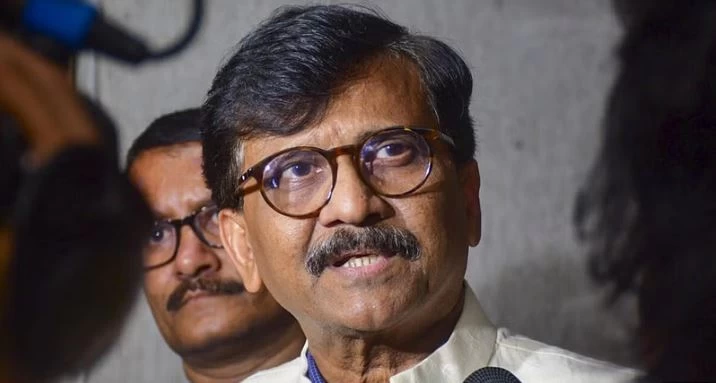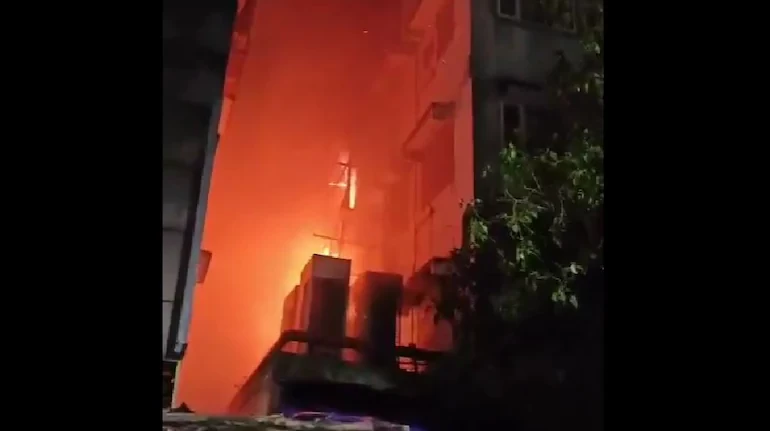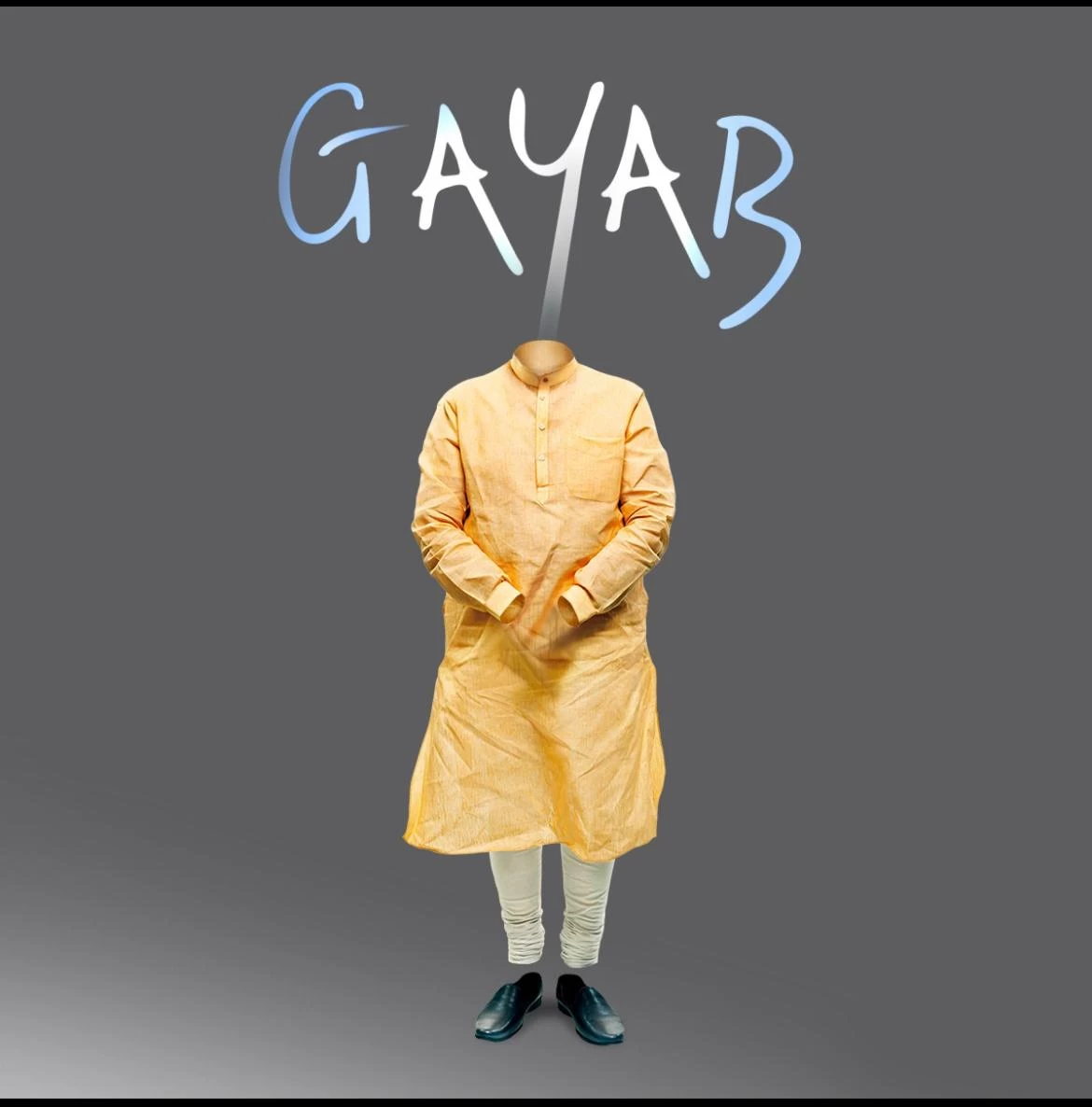Latest Updates
Lok Sabha Elections 2024: Violence Mars 1st Phase of Elections in West Bengal, Security Heightened
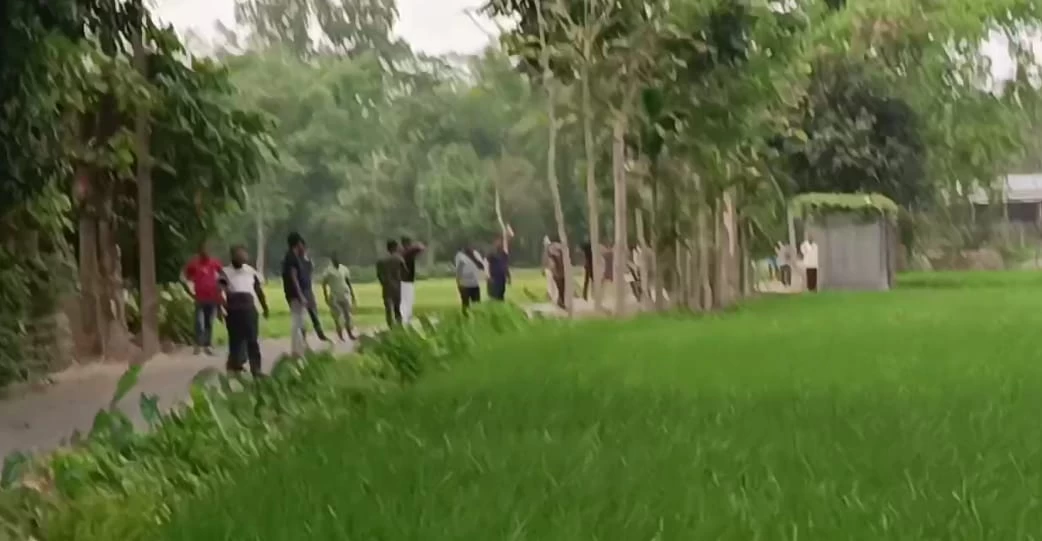
As the 1st Phase of Lok Sabha elections 2024 commenced in West Bengal on Friday, reports of violence, intimidation, and assault surfaced from the constituencies of Cooch Behar, Alipurduar, and Jalpaiguri. During the initial voting hours, bombs were reportedly found at the residence of a BJP booth president in Dinhata-II, and a TMC polling camp in Sitai was targeted. Incidents included alleged stone-pelting by Trinamool Congress (TMC) supporters in Chandamari, resulting in injury to a BJP booth president, while BJP workers were accused of attacking TMC supporters in Sitalkuchi and Chotosalbari Gram Panchayat areas.
By 11 am, voter turnout stood at 33.63% in Cooch Behar, 35.20% in Alipurduar, and 31.94% in Jalpaiguri. Meanwhile, Governor C V Ananda Bose addressed concerns of intimidation and violence, stating that all complaints were being forwarded to the Election Commission (EC) for appropriate action. TMC had filed 37 complaints against the BJP with the EC by 9 am.
Prior to polling, BJP leader Love Sarkar was allegedly assaulted by TMC supporters in Chandamari, sustaining a head injury. To ensure security, the Election Commission of India (ECI) deployed 112 companies of central armed forces in the Cooch Behar (SC) constituency, the highest among the three seats. Following incidents during the 2021 Assembly elections, where four people were reportedly killed in alleged firing by the Central Industrial Security Force (CISF) in Sitalkuchi, the EC sanctioned 63 companies in Alipurduar (ST) and 75 in Jalpaiguri (SC). Additionally, 4,500 state police personnel were deployed in Cooch Behar, 2,454 in Alipurduar, and 3,077 in Jalpaiguri.
The first phase of the Lok Sabha elections covered 102 constituencies across 21 states and Union Territories. It also saw heightened security measures and significant voter turnout despite reports of unrest and violence in certain areas. The 2024 General election is set to unfold in seven phases, beginning on April 19 and wrapping up on June 1. Each phase has its allotted dates, with Phase 1 kicking off on April 19, followed by successive phases on April 26, May 7, May 13, May 20, May 25, and finally, June 1. The process will reach its conclusion with the counting of votes and the announcement of results on June 4.




